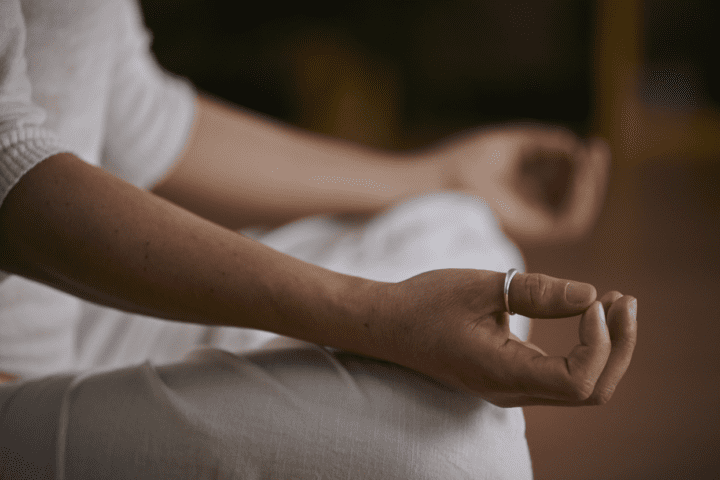Making a Better Life for our Children
Did you know that every day, more than 2,800 U.S. kids try their first cigarette? That is over one million kids trying cigarettes each year! Tobacco use is costing moms and families across the...

Mindfulness is the practice of staying fully present and engaged in the current moment. It involves paying attention to thoughts, feelings, and sensations without judgment. Techniques often include meditation, deep breathing exercises, and visualization.
This heightened awareness helps individuals manage stress, improve focus, and enhance emotional regulation.
By fostering a state of calm clarity, mindfulness aids in maintaining mental health and can be particularly beneficial when recovering from a brain injury.
Mindfulness can significantly aid brain injury recovery through improved emotional regulation.
Brain injuries often cause emotional volatility and anxiety, making rehabilitation challenging. Mindfulness techniques, such as meditation and deep breathing exercises, help stabilize emotions by calming the nervous system and reducing stress hormones.
By fostering a sense of inner peace and control, patients can better manage their emotions during rehabilitation. This stability allows for more effective engagement with cognitive tasks and physical therapies, promoting overall progress in recovery.
Mindfulness meditation could enhance cognitive function in brain injury recovery. Regular practice strengthens neural connections, particularly in the prefrontal cortex, responsible for executive functions like decision-making and problem-solving. This mental exercise encourages neuroplasticity – the brain's ability to reorganize itself by forming new neural connections.
Patients often report improved memory, attention span, and processing speed. By integrating short, daily meditation sessions into their routine, individuals recovering from a brain injury can experience significant cognitive improvements that support other therapeutic activities.
Mindfulness breathing exercises can help reduce pain and discomfort, which are critical factors during the recovery timeline for brain injuries.
By focusing on slow, deep breaths, patients activate their parasympathetic nervous system, promoting relaxation and lowering stress levels. This shift can diminish the perception of pain by diverting attention away from discomfort and fostering a sense of calm.
Regular practice helps patients manage chronic pain more effectively without relying solely on medication. Incorporating these techniques into daily routines provides consistent relief, aiding overall rehabilitation efforts.
Mindfulness techniques, such as body scan meditation and guided imagery, can significantly improve sleep quality in brain injury recovery. These practices help relax the mind and body before bedtime, making it easier to fall asleep and stay asleep.
Poor sleep often exacerbates cognitive deficits and emotional instability; therefore, better rest is crucial for healing.
Regularly practicing mindfulness reduces insomnia symptoms by calming the nervous system and decreasing anxiety levels. This improved sleep pattern supports overall brain health, enhancing memory consolidation and daytime alertness – critical elements for effective rehabilitation.
Visualization, a powerful mindfulness technique, can boost motivation and resilience during brain injury recovery. Patients imagine themselves successfully completing rehabilitation tasks or reaching personal milestones. This mental rehearsal creates a positive mindset, reinforcing the belief in their abilities.
Regularly engaging in this practice strengthens mental toughness, encouraging individuals to persist despite setbacks. This heightened sense of determination helps sustain a long-term commitment to rehabilitation programs, leading to more consistent progress and ultimately better recovery outcomes.
From enhancing cognitive function to improving emotional regulation, mindfulness offers a multi-faceted approach to brain injury healing.
Patients who incorporate techniques like focused meditation, deep breathing exercises, and visualization into their daily routines will often experience faster and more comprehensive recoveries.
Reflecting on this journey underscores the importance of holistic methods in medical rehabilitation. As research continues to support these benefits, mindfulness remains an invaluable tool for those navigating the challenging path of brain injury recovery.